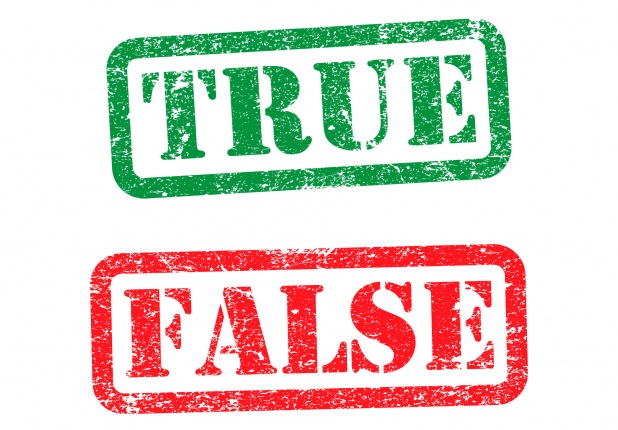E-Discovery Strategies For Handling Personal Identifying Information
We’re all familiar with the importance of avoiding the inadvertent disclosure of attorney-client communications, work product or sensitive, proprietary or confidential business information. However, our obligations don’t end there. In addition to protecting this information, we also need to consider how to handle personal identifying information (“PII”). With extremely large amounts of data being at play in most litigation matters, it is becoming more and more important to have a solid game plan with safeguards and protections in place. Accidentally disclosing PII can lead to a chaotic discovery process and could lead to expensive monetary sanctions.






